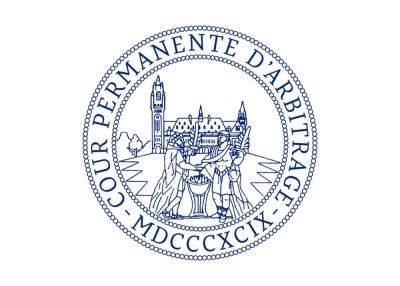Yearender: Supreme Court rulings make headlines in 2023
MANILA, Philippines — As 2023 came to a close, the Supreme Court (SC) saw an improvement in the number of cases it resolved, with the help of recent technological advancements.
In a briefing, Chief Justice Alexander Gesmundo revealed that the SC has resolved 3,711 cases as of Sept. 30 this year, accounting for a 21 percent disposition rate. This is up from the 19 percent rate recorded in 2022. He also touted a clearance rate of 84 percent.
Meanwhile, for administrative and en banc matters, the high tribunal has resolved 1,729 cases, accounting for a 29 percent disposition rate and an 88 percent clearance rate.
“Our performance has improved in terms of disposition compared to last year,” Gesmundo said. “We expect to further expedite the processing of cases, not only in the SC, but also in lower courts, once we started using the technology that we plan to implement next year.”
In January, the SC declared the Tripartite Agreement for Joint Marine Seismic Undertaking among China, Vietnam and the Philippines – which was signed by the administration of then president Gloria Macapagal-Arroyo – as unconstitutional and void.
The joint venture by and among China National National Offshore Oil Corp., Vietnam Oil and Gas Corp. and the Philippine National Oil Co. covers 142,886 square meters in the South China Sea.
The Court voted 12-2-1, saying that the venture was unconstitutional “for allowing wholly-owned foreign corporations to participate in the exploration of the country’s natural resources without observing the safeguards” provided in Article XII, Section 2 of the 1987 Constitution.
Also in January, the SC upheld the constitutionality of the Tax Reform for Acceleration and Inclusion or TRAIN law as it dismissed the consolidated petitions against the measure that argued it was unconstitutionally passed by the House of Representatives given a lack of quorum and that its provisions imposing excise on petroleum products are “prohibited regressive taxes.”
Thirteen justices voted to dismiss the petitions against it. The SC held that the supposed absence of a quorum was refuted by the official journal of the House of Representatives, both on the day that the TRAIN’s







